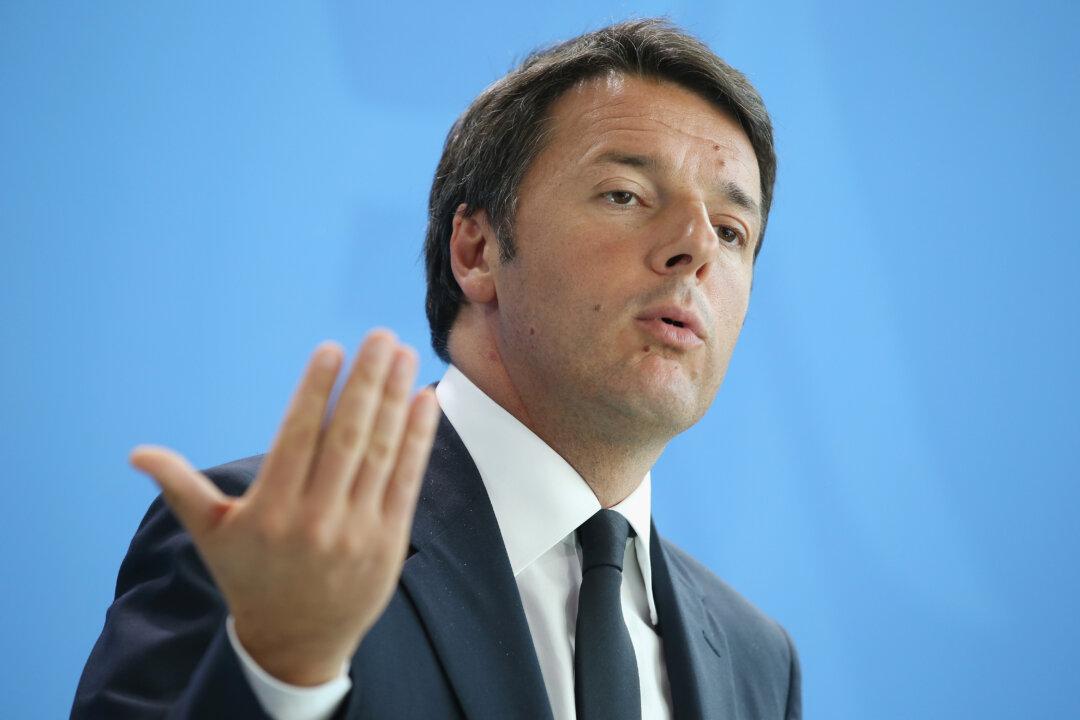The announcement earlier last week that the Italian government will match any new spending on new counterterrorism measures with spending on arts and culture seems to have come and gone by without much comment. This is a pity, for the initiative is noteworthy both for its originality and for the justification that lies behind it.
The money, just over 1 billion euros ($1.1 billion), will be focused on cultural initiatives in fringe and immigrant neighborhoods in large urban centers. Additionally, every 18-year-old in the country will be given a voucher of 500 euros ($550) to spend on cultural activities such as concerts and theatrical productions. It is thus targeted at what are perceived to be the demographic and geographic centers of anti-Western sentiment within Italian society.



